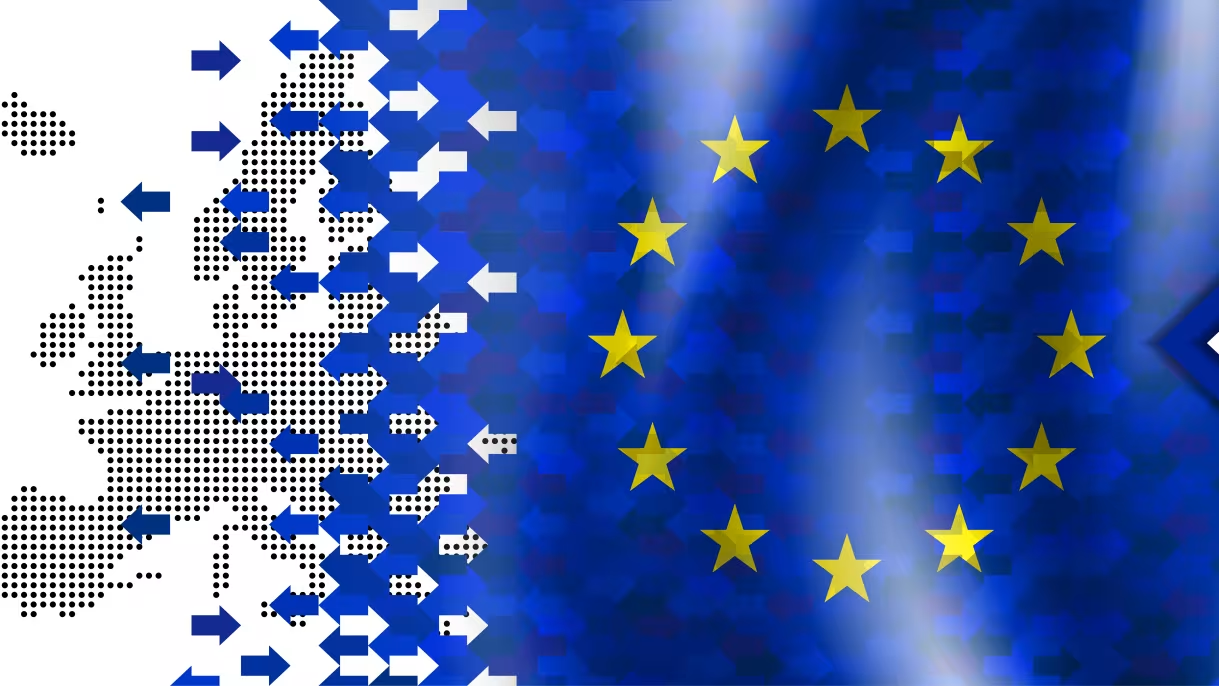

Will Europe Follow in the U.S.’s Footsteps in Controlling Outbound Investment?
The recent block by President Joe Biden of the proposed takeover of U.S. Steel by Nippon Steel on grounds of national security has put the issue of foreign investment in the news and highlighted how the power to screen incoming investments could be used by governments for protectionist purposes. One instrument of investment control with even greater potential to inhibit global free trade is the screening of outbound foreign direct investment (FDI).
The United States has been leading the way on this through an executive order signed by President Biden in 2023 that restricted U.S. non-passive investments in China, Hong Kong, and Macau for advanced semiconductor, quantum computing, and military or surveillance-oriented artificial intelligence technologies. Since then, the US has put pressure on its allies to do the same.
The European Union (E.U.) has been ambivalent about it. It has been nearly one year since the E.U. signaled it may tighten private investment outflows from Europe to avoid giving competitor countries sensitive technologies, such as those that can be used for military or surveillance purposes.
Yet the challenge for Europe is how to address its security concerns around critical technology without hurting overall global trade.
“The E.U. has a long path toward implementing restrictions on outbound FDI,” write Sophie Meunier, senior research scholar at the Princeton School of Public and International Affairs, and Sarah Bauerle Danzman, an associate professor of international studies at Indiana University Bloomington, in Columbia FDI Perspectives, a publication of the Columbia Center on Sustainable Investment at Columbia University.
Meunier and Bauerle Danzman, who lead a research project on the politics of investment screening, outline three major policy issues that must be addressed before the E.U. can create an effective outbound investment control policy:
- First, the E.U. needs to get ahead of a potential debate over whether it can act on economic security, since member states control their own national security.
- Second, it should ensure that its proposed outbound rules don’t conflict with other security-related regulations to avoid loopholes that could be manipulated to circumvent the rules.
- Finally, it should finetune regulation and economic openness. Regulation is tricky with outbound FDI, since the E.U. won’t have jurisdictional authority over the investments’ ultimate destination. The European body will need to enact rules that are sufficiently binding while not being so cumbersome that they block benign investments.
“The imposition of outbound investment restrictions would be both a substantial escalation of an E.U. geoeconomic agenda and a technically difficult policy to implement without undermining a general commitment to economic openness,” the authors note. “The E.U. should approach this topic cautiously, so that it does not inadvertently kneecap E.U. emerging technology companies.”
The return to power of President Donald Trump and his vow to impose unilateral tariffs, even on allies, will dampen E.U. willingness to follow U.S. policy recommendations, according to Meunier. In turn, U.S. policy on outbound investment control would be less effective if other countries do not implement it as well, she adds.

